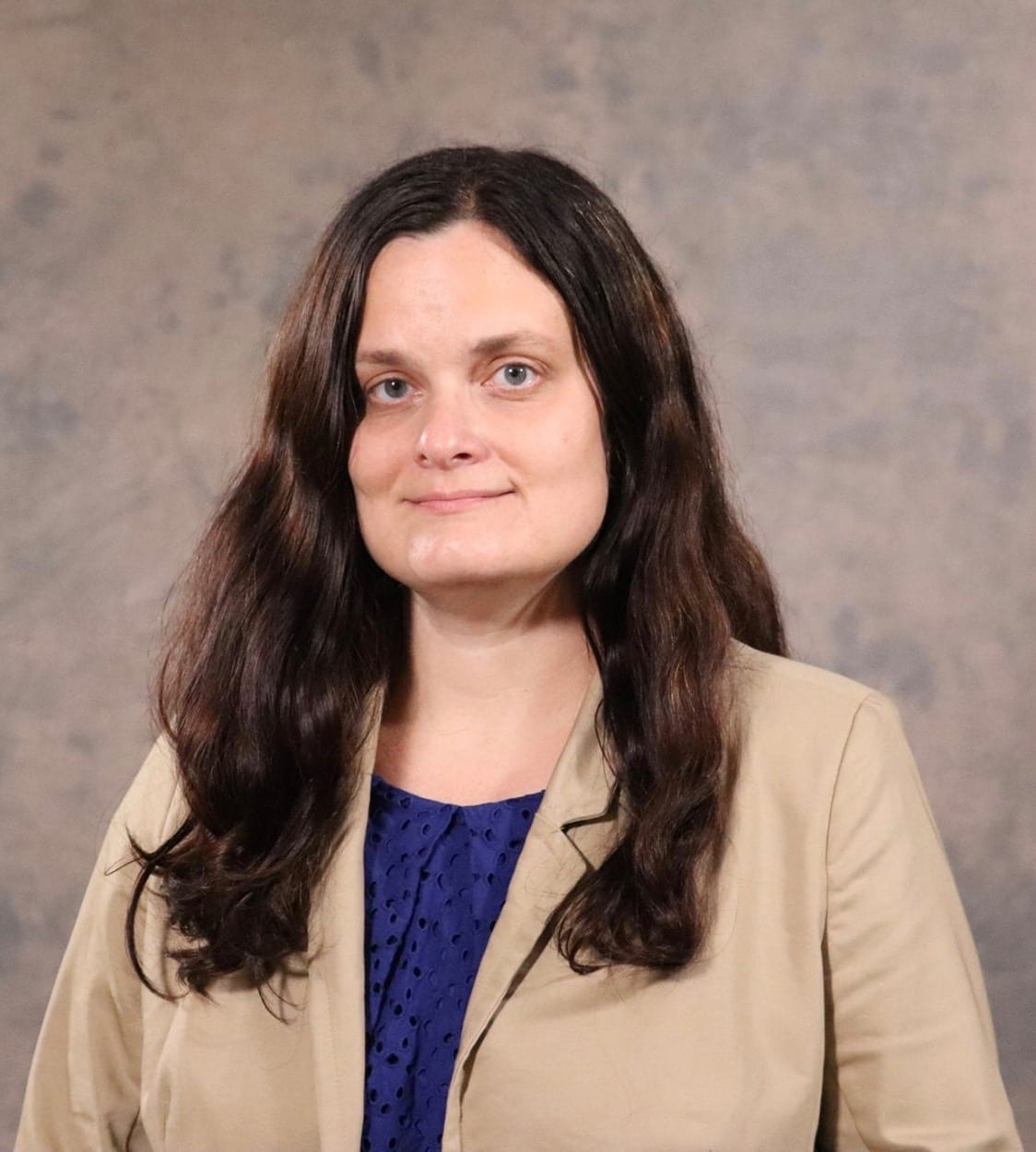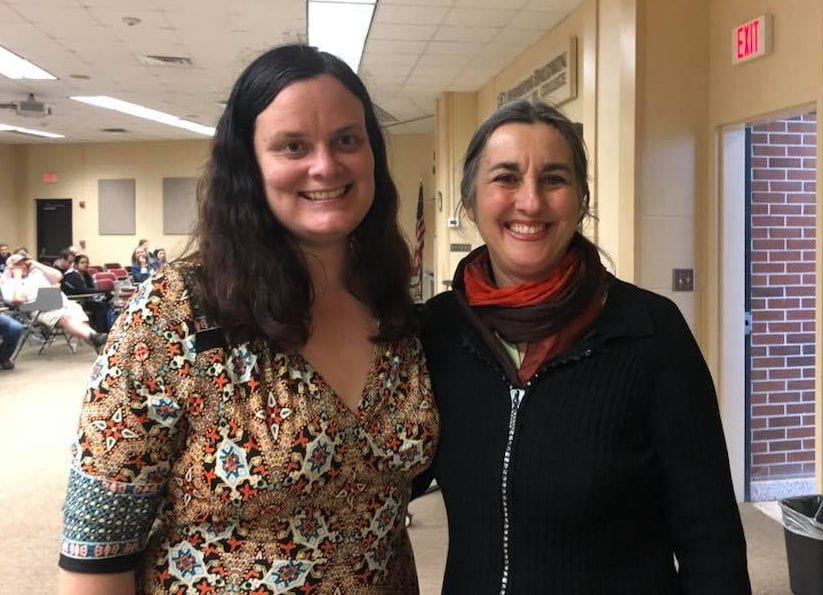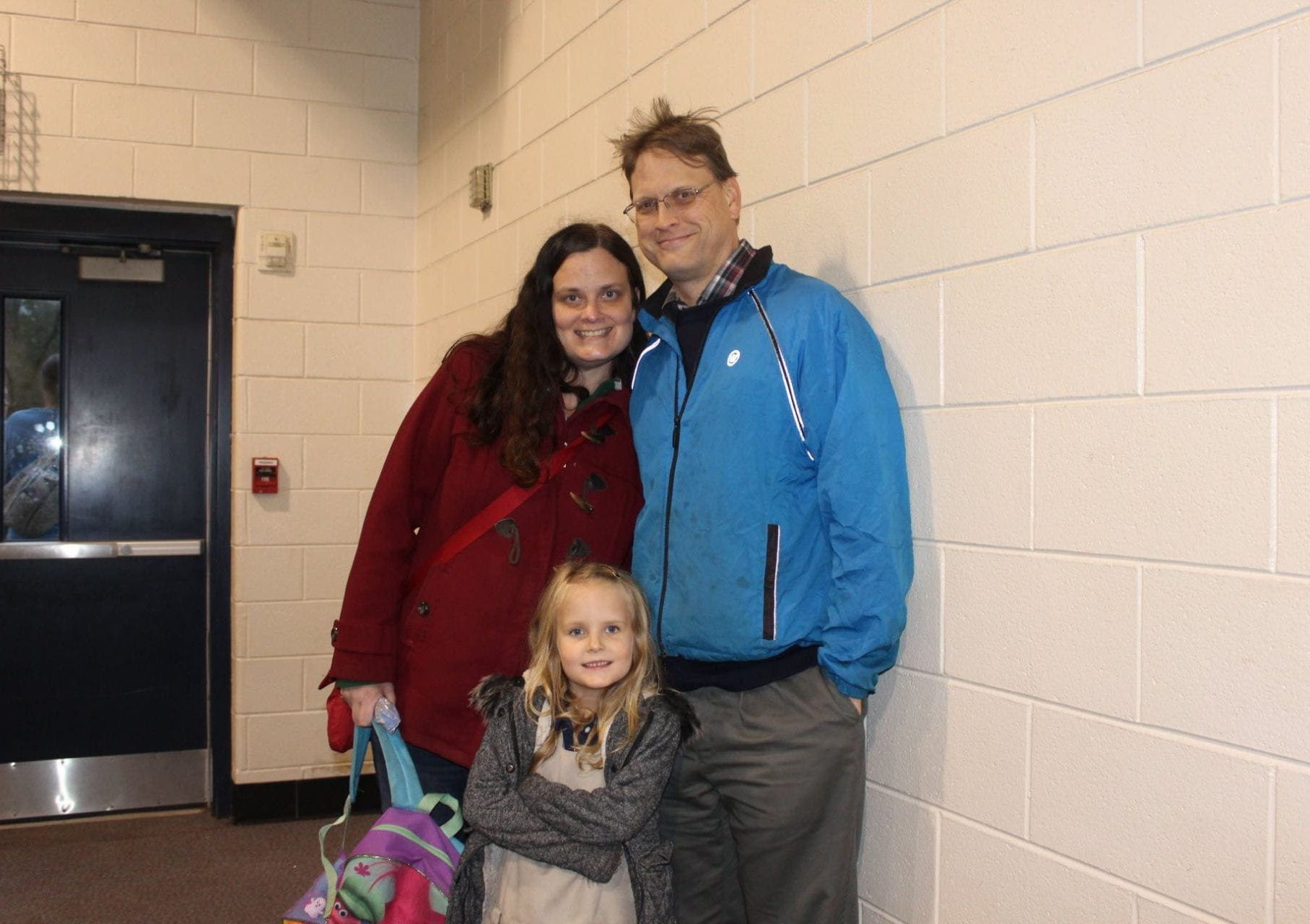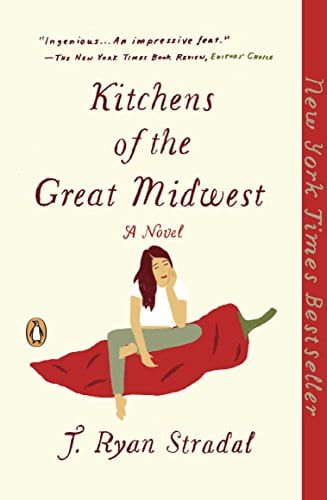AN ENGLISH PROFESSOR IN SMALL-TOWN AMERICA:
AN INTERVIEW WITH ALUM RACHAEL PRICE (PH.D. ’16)

In the interview below, alum Rachael Price (Ph.D. ’16) talks about being both a doctoral student at the University of Arkansas and an Assistant Professor of English and Communication at Abraham Baldwin Agricultural College, in Tifton, Georgia, where she has been working since 2016. Specific topics covered include her favorite courses (taken and taught); differences between the U of A and ABAC campuses; the literary magazine for which she is the faculty advisor; the benefits of attending certain professional programs and events; her effort to balance her current teaching load with her ongoing research interests and activities; and, finally, her recommendation for a recent American novel to read!
What was one of the best courses you took as a graduate student, and why did you enjoy it so much? In addition, what has been an especially fun course for you to teach–either as a graduate student or as a member of the English faculty at ABAC?
I truly enjoyed every single one of my courses at the U of A. Two that particularly stand out in my mind are Dr. Slattery’s composition pedagogy class and Dr. Szwydky’s job-market course. They are both shining examples of the wonderful preparation that the English department gives its graduate students, and I know that many programs do not offer this kind of support.
I also enjoy all of my courses at ABAC, and since we are a small public college, I teach a little bit of everything. My favorite course is one that I wrote called “The Publishing Process.” I worked as an editor before and during my time at Arkansas, and the course is one that focuses on teaching students all the steps in preparing a manuscript for publication.
Could you talk about some of the main differences you’ve observed between the U of A campus and the ABAC campus? What, if anything, has been the biggest adjustment you’ve had to make? What do you consider to be the best feature of ABAC?
The main difference is definitely size. ABAC has about 3,800 students. Our department is small and our Writing and Communication major is very new. Because of ABAC’s small size, we get to know our colleagues and our students very well. It’s a small-town location, too, and I live just a few blocks from campus, so I am “Dr. Price” pretty much all the time. 🙂

Rachael with author Janisse Ray, whom Rachael
brought to the ABAC campus last year
A few years ago, you received funding from ABAC to start up a press that would publish the writings of South Georgia authors as well as provide publishing experience to ABAC students. Could you describe the current status of that project?
We are still working on the logistics of the press, but students in my publishing class have produced two issues of ABAC’s literary magazine, Pegasus, and this spring we are putting together a book manuscript. I hope to have more details about that available soon. 🙂
When you were in your doctoral program here, you were accepted to and attended The Futures of American Studies Institute, a one-week summer program offered by Dartmouth College, in New Hampshire. How beneficial was the experience to your research and writing at the time? What has been one of the most rewarding conferences you’ve attended in the last five years?
The Futures of American Studies Institute was very helpful. The days were long and tiring, but they were worth it. I was able to attend plenary sessions by top scholars in American literature and other fields of American studies. The institute also featured small writing workshops that we would break into for a big chunk of the day. Feedback from that experience was fundamental to the shape and direction of my article “Blue Northers and Barbed Wire: Modernity and the Village in Larry McMurtry’s The Last Picture Show.” It was during that workshop that Dr. Heike Paul from the University of Nuremberg, solicited my article for her collection Critical Regionalism (Winter University Press of Heidelberg, 2016).
My favorite conference is the one put on by the Society for the Study of Midwestern Literature (SSML) every year at Michigan State University. I went in 2013 because I found a panel that really fit well with a chapter in my dissertation, and I made some wonderful contacts and friends. Six years later, I am on their executive board.

Rachael with her husband, Christopher, and her daughter, Verity
Your dissertation was titled, “Beyond Main Street: Small Towns in Post-‘Revolt’ American Literature.” Have you had an opportunity to return to this document to develop it further? How interested are you in continuing to publish articles and/or publishing a book, or are you primarily focused on teaching at this point?
I teach a 4/4, so research does not take as much priority as it once did, but I am still researching and writing. I will have two articles in a forthcoming reference text from ABC-Clio called American Literature in Context. Right now I am researching and working on bringing back into print the works of two of my favorite regional writers.
Your area of specialization is Modern and Contemporary American literature. Could you recommend a recent American film or book, elaborating a bit on why it’s worth checking out?
The last contemporary novel I read was J. Ryan Stradal’s Kitchens of the Great Midwest, a wonderful tale that tells a coming-of-age story through food. I have long been interested in the study of foodways in Southern literature, and this novel has me thinking about (and researching) Midwestern foodways as well. Plus, it has great recipes!

